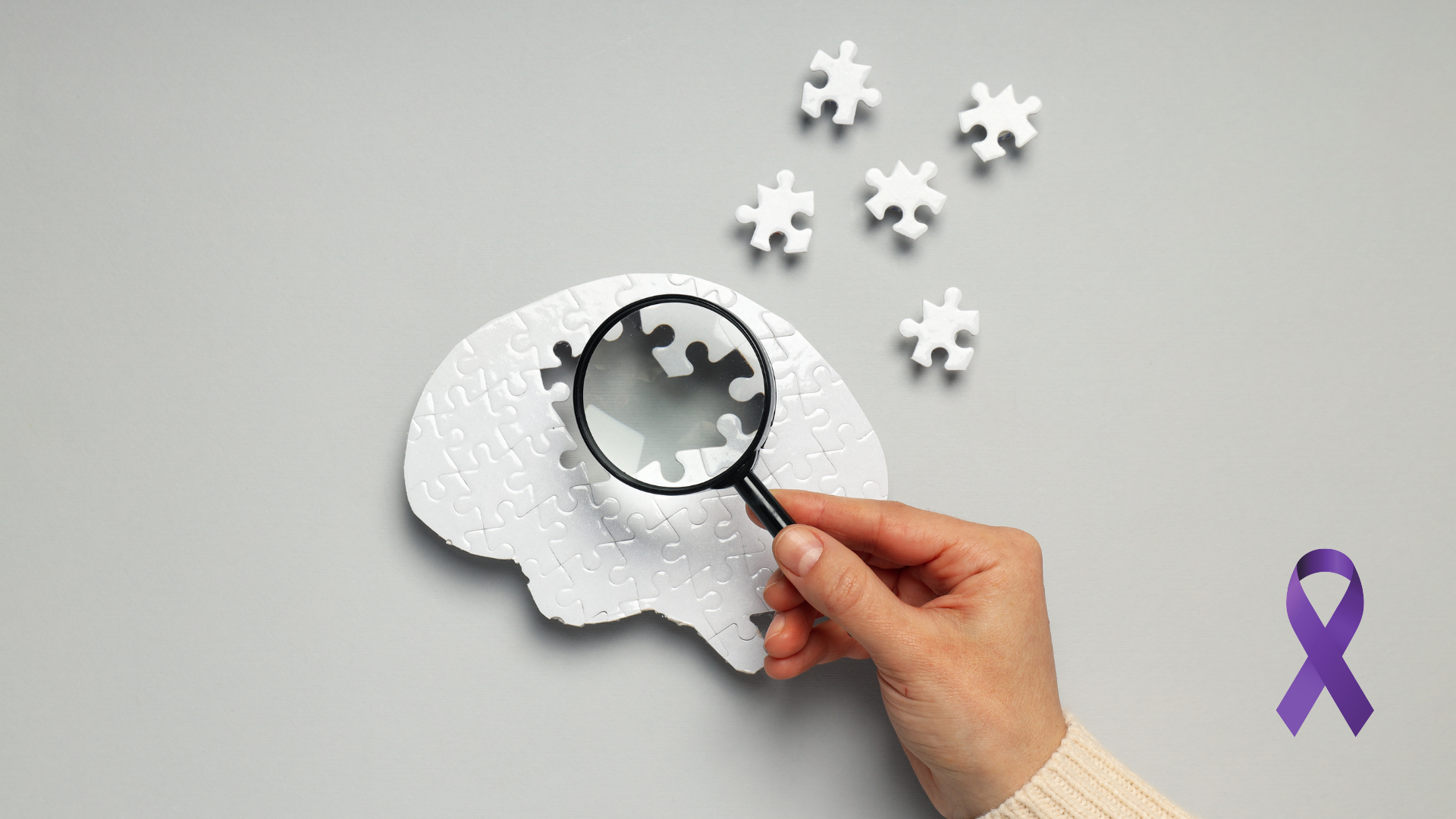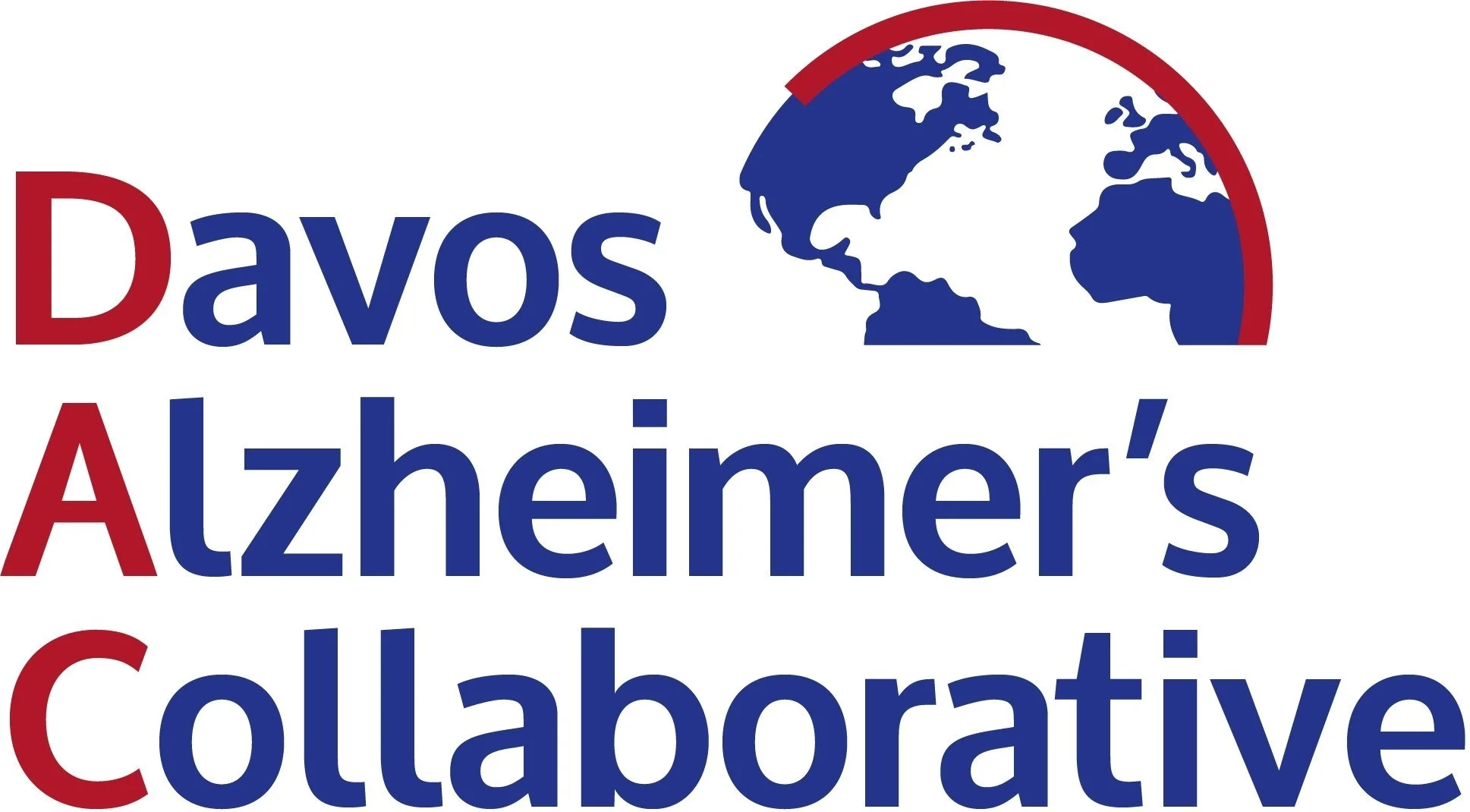World Alzheimer’s Month, observed every September, serves as a crucial platform for raising awareness about Alzheimer’s disease and dementia, as well as for showcasing the latest developments in research and treatment options. As we look back on the time that has passed since World Alzheimer’s Month 2022, we are pleased to highlight some of the remarkable advancements in the field of dementia and Alzheimer’s research and care.
1. Early Detection and Diagnosis of Dementia and Alzheimer’s
IISc Bangalore
One of the most significant breakthroughs in the past year has been in the realm of early detection and diagnosis of Alzheimer’s disease. Researchers have made substantial progress in identifying biomarkers and refining imaging techniques that can detect Alzheimer’s-related changes in the brain years before symptoms appear. A recent study looked at how certain brainwave patterns correlated with indicators of Alzheimer’s disease. Researchers found that a simple wearable device to measure the brain’s electrical activity effectively detected distinct patterns that may indicate Alzheimer’s disease. Similarly, researchers at the Indian Institute of Science, Bengaluru have also developed a low-cost method to detect Alzheimer’s at an early stage.
2. Precision Medicine
The concept of precision medicine has gained momentum in Alzheimer’s research. By tailoring treatments to an individual’s specific genetic and molecular profile, researchers are making strides in developing more effective therapies. Precision medicine holds the potential to revolutionize Alzheimer’s care by offering targeted treatments that address the unique aspects of each patient’s condition.
3. Innovative Therapies
Eli Lilly, creator of Donanemab
Several innovative therapies are undergoing clinical trials and showing promise in treating Alzheimer’s disease. Among them, monoclonal antibodies designed to target and remove beta-amyloid plaques in the brain have shown potential in slowing the progression of the disease. Other therapies, such as anti-tau antibodies and anti-inflammatory drugs, are also being explored as potential treatments. In November 2022, drugmaker Eli Lilly and Company announced promising results for the drug Donanemab, however more research is under way since the FDA needs more data for participants receiving the drug for at least 12 months. Other drugs by Coya Therapeutics, Rensselaer Polytechnic Institute and TauRx Therapeutics which are in advanced stages of their clinical trials and have shown very promising results to slow down disease progression.
4. Lifestyle Interventions
Researchers have continued to emphasize the importance of lifestyle interventions in Alzheimer’s prevention and management. Studies have highlighted the benefits of regular exercise, a balanced diet, cognitive stimulation, and social engagement in reducing the risk of developing Alzheimer’s or slowing its progression. These findings underscore the significance of a holistic approach to dementia care.
5. AI and Machine Learning
Artificial intelligence and machine learning have made significant contributions to Alzheimer’s research. These technologies are helping researchers analyse vast datasets, predict disease progression, and identify potential drug candidates. AI-driven diagnostic tools are becoming increasingly accurate, enabling earlier and more precise diagnoses. For example, researchers have been developing a machine learning model aimed at early detection of Alzheimer’s dementia. This model, potentially accessible via smartphones, can distinguish between Alzheimer’s patients and healthy individuals with an accuracy of 70-75%.
6. Support for Caregivers
Recognizing the immense challenges faced by Alzheimer’s caregivers, there has been a growing focus on providing support and resources for this group. Innovative caregiver support programs and digital tools are being developed to assist caregivers in managing their loved ones’ care while maintaining their own well-being.
7. Global Collaboration
Collaboration among researchers, institutions, and countries has accelerated in the fight against Alzheimer’s disease. International initiatives are pooling resources and expertise to tackle this global health crisis. The sharing of data and research findings is facilitating progress in understanding and addressing the complexities of Alzheimer’s. For example, Davos Alzheimer’s Collaborative (DAC) which is a global effort to spark genuine collaboration among various researchers, government health ministers, philanthropists and corporate leaders held the fourth meeting on “The Power of Technology in Alzheimer’s Early Detection: A Roadmap for Global Implementation,”, overarching with its mission to speed innovation and stop Alzheimer’s disease.
Conclusion
Since World Alzheimer’s Month 2022, the field of dementia and Alzheimer’s research has witnessed remarkable advancements that offer hope for the millions of individuals affected by these devastating conditions. From early detection and precision medicine to innovative therapies and AI-driven solutions, researchers and healthcare professionals are working tirelessly to improve the lives of those with Alzheimer’s disease and their families.
While there is still much work to be done, the progress made over the past year underscores the commitment of the global community to combatting Alzheimer’s and dementia. As we look to the future, the continued collaboration and dedication of scientists, caregivers, and advocates offer promise for a brighter, more hopeful tomorrow for individuals living with Alzheimer’s disease.







